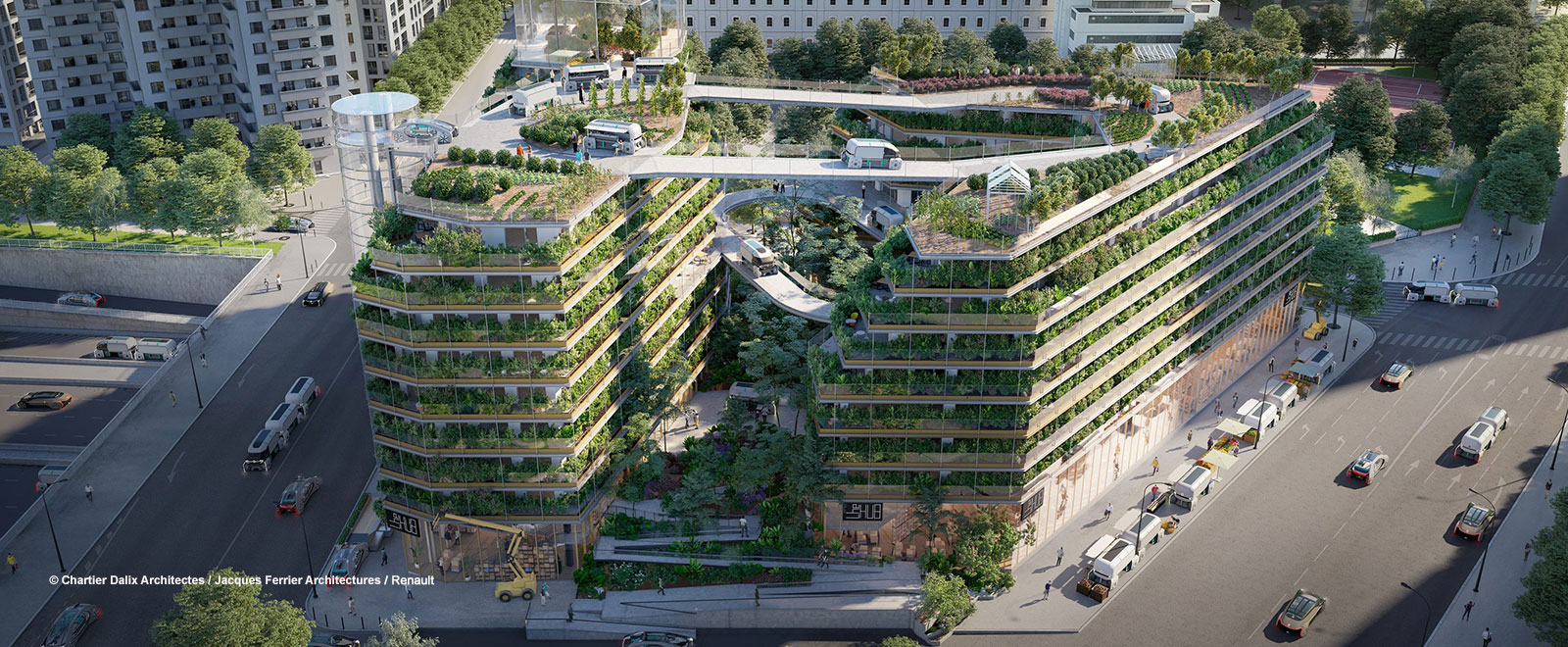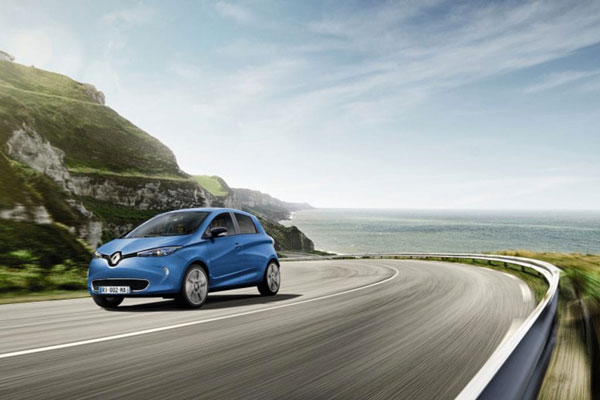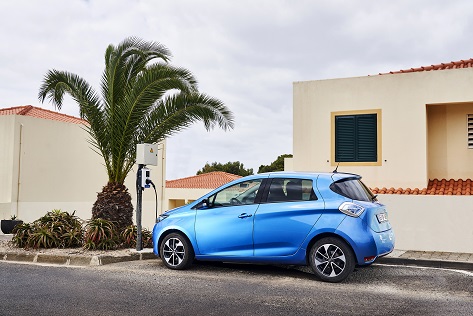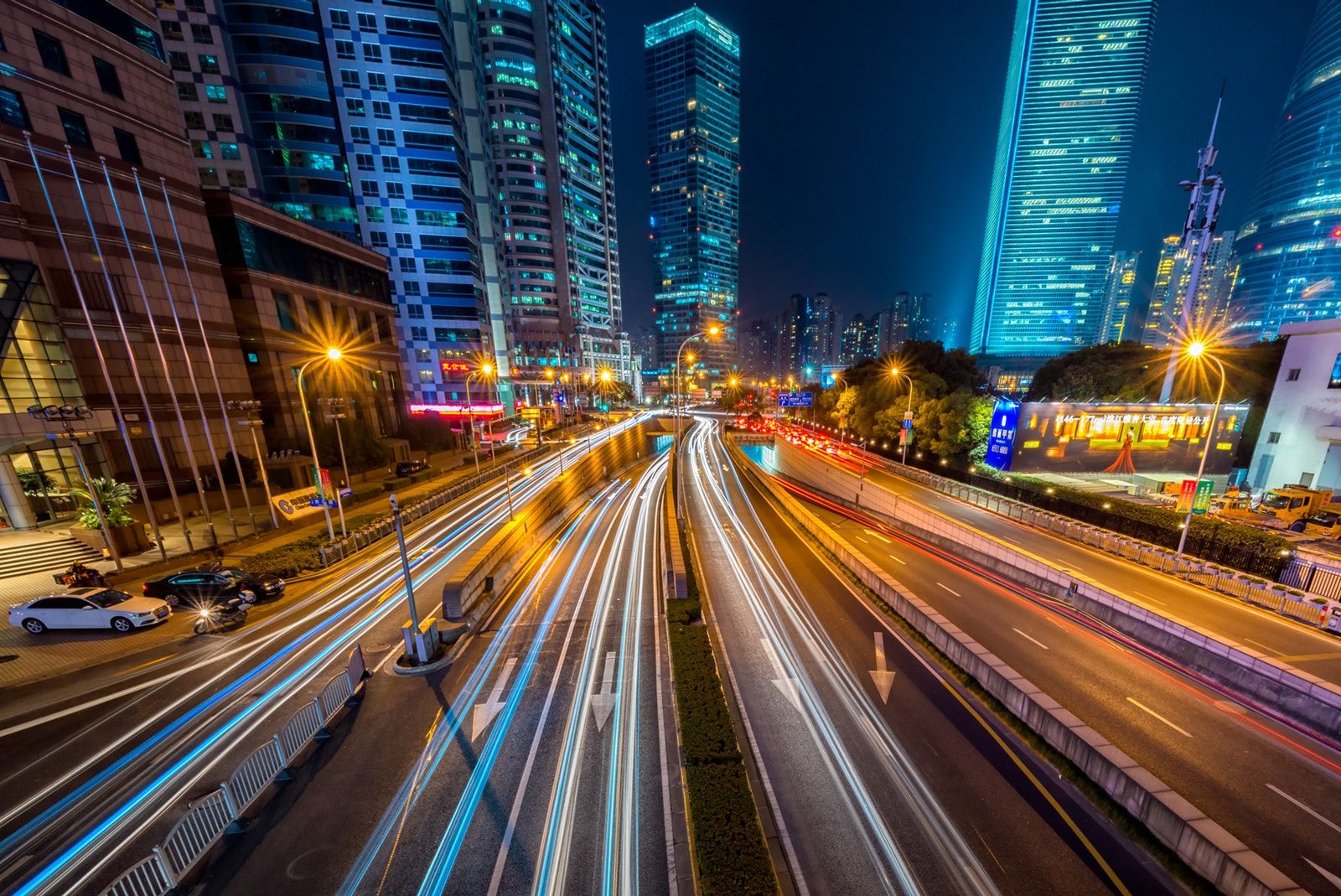

In many cases, these solutions rely on new technologies, leading to the creation of what are known as “smart cities”. Connected technologies, smart, open data, the Internet of Things, smart grids, new materials and clean energy can thus be used to build and invent a positive future.
Six criteria distinguish a smart city:
According to Rudolf Giffinger, an expert in the analytical research of urban and regional development at the Vienna University of Technology, these six criteria are:
- A smart economy: productivity and wealth creation are improved thanks to a flexible and innovative ecosystem
- Sustainable governance, with more integration of social and state services
- Smart housing, which guarantees quality of life for citizens with the support of new technologies designed to reduce their environmental footprint
- The green citizen: the objective is to create a cosmopolitan social and cultural capital in order to stimulate creativity and public participation in the life of the city
- A sustainable environment, which emphasises the protection of natural habitats and the reduction of pollution
- Smart mobility, which promotes new opportunities for development, by offering a more efficient, green, accessible and affordable mobility
Contributing to the development of smart cities
Renault Group is working with public sector stakeholders to learn about and discuss their vision of the future of the city. As Europe’s leader in electric vehicles, and with its commitment to continue to invest in innovative technologies, Renault Group is making its contribution to the development of smart cities.
Some examples of existing initiatives:
The re-invention of the cities and major metropolises as smart cities rests, according to the Netexplo Observatory, on six pillars: mobility, economy, habitat, governance, citizens and environment/energy.
Renault Group is directly involved in three of these:
- Habitat, via its domestic energy storage solutions
- Environment/energy, via smart grids
- Mobility, via its current offers and the vision revealed by its concept driverless vehicles, the EZ-GO, EZ-PRO and EZ-ULTIMO
In the near future, it is possible to imagine these three pillars merging to create a new urban ecosystem, in which shared mobility solutions will be integrated with the buildings.
Renault Group is convinced that the future will allow the car and all of the new uses – in terms of mobility and of consumption in general - to live side by side in harmony, in more peaceful, interconnected spaces.





